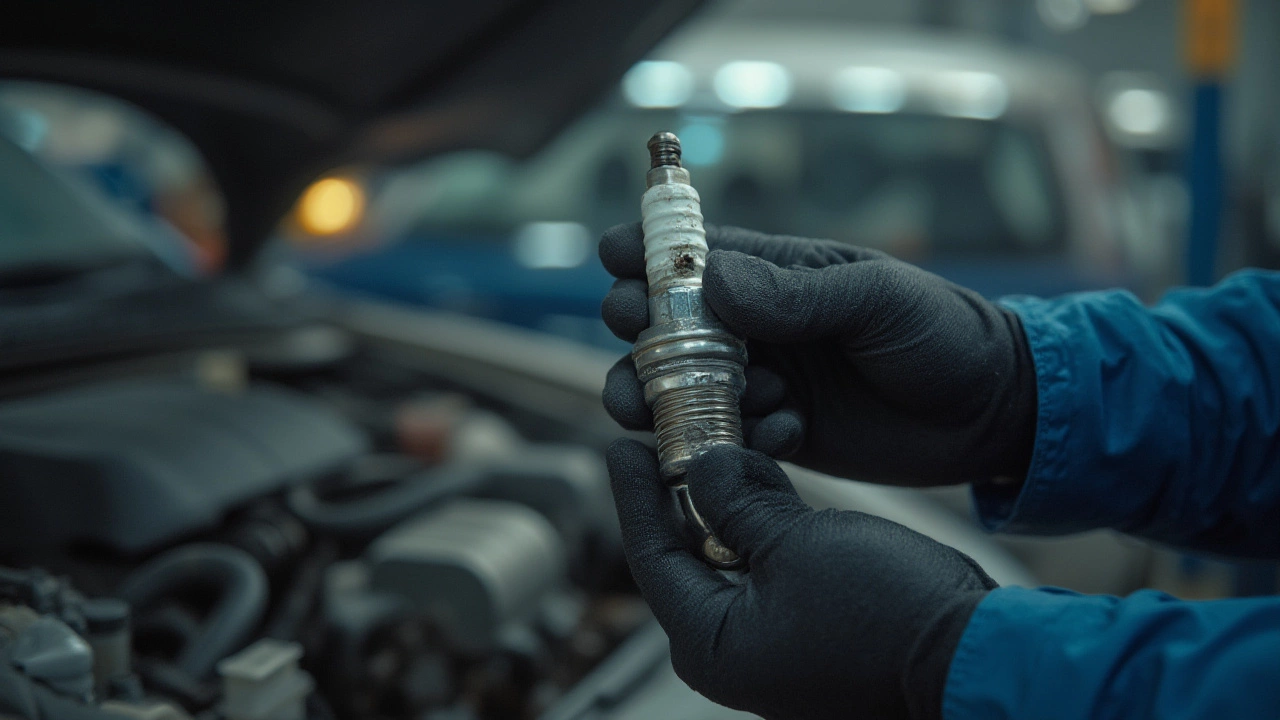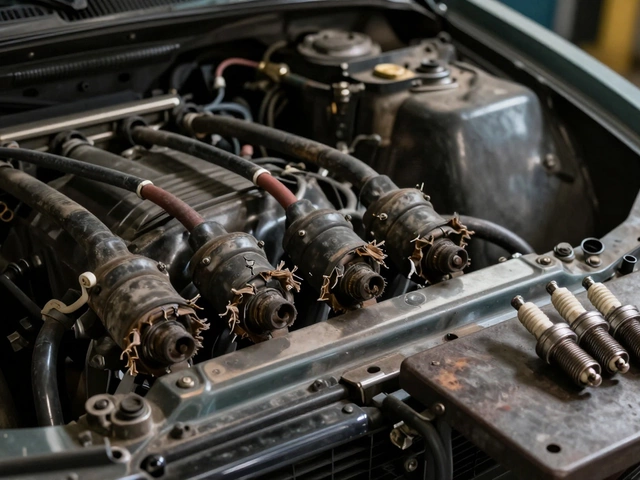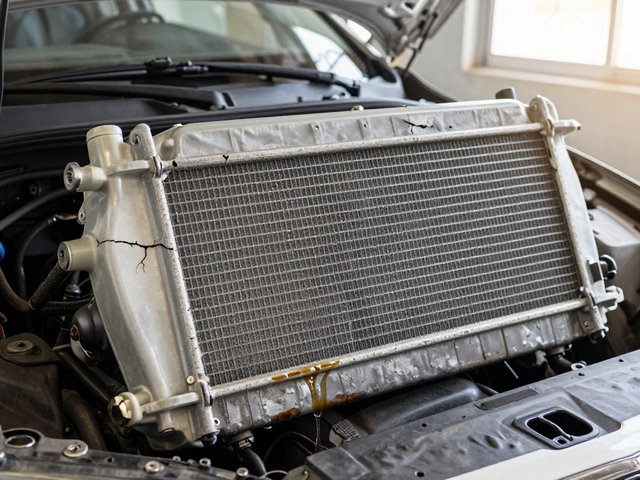Misfire Symptoms and Causes: What’s Really Going On With Your Engine
When your engine misfire, a condition where one or more cylinders fail to ignite fuel properly. Also known as engine misfire, it’s not just a rough idle—it’s your car telling you something’s wrong inside the combustion chamber. You might feel a jerking motion while driving, hear a popping sound from the exhaust, or notice the check engine light blinking. This isn’t normal wear and tear. A misfire means fuel isn’t burning the way it should, and if you ignore it, you could end up damaging your catalytic converter or even the engine itself.
Most misfire causes, the underlying problems that trigger cylinder failure. Also known as engine misfire causes, it come down to three big areas: spark, fuel, or air. Bad spark plugs, components that ignite the air-fuel mixture in the cylinder. Also known as spark plug failure, it are the usual suspect—worn, cracked, or dirty plugs can’t spark properly. Then there’s the fuel system, the network that delivers fuel from the tank to the engine. Also known as fuel delivery issues, it. A failing fuel pump, clogged injector, or low fuel pressure can starve a cylinder of fuel. And don’t forget the air side—faulty ignition coils, vacuum leaks, or even a dirty mass airflow sensor can throw off the air-fuel balance.
What makes misfires tricky is that they often mimic other problems. A rough idle could be blamed on a bad battery, but if it only happens under load, it’s likely a misfire. A check engine light might flash code P0300 (random misfire) or P0301 (cylinder 1 misfire), but without checking the actual components, you’re guessing. That’s why so many of the posts here focus on diagnosing real issues—not just reading codes, but testing spark, fuel pressure, and compression. You’ll find guides on how to spot a failing fuel pump, how to test ignition coils, and even how to tell if your spark plugs are done. These aren’t theory lessons—they’re hands-on checks you can do at home before heading to the shop.
If your car’s been hesitating, shaking, or losing power when you step on the gas, don’t just live with it. A misfire isn’t going to fix itself. The longer you wait, the more damage you risk—and the more expensive the repair becomes. Below, you’ll find real-world advice from people who’ve been there: how to narrow down the cause, what tools you actually need, and when to call a pro. No fluff. Just what works.



